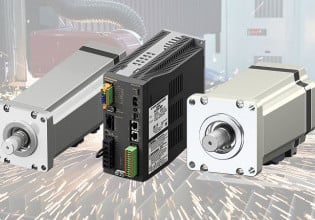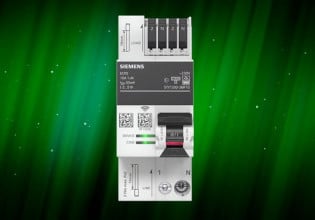J
I used a UL rated 600V SO stiff Cord (Yellow) to run 24 VDC discrete alarms (Not Fire alarms) Using "C" clamps and running the cord along the wall. I was told by an inspector that this was against NEC 400.8 Code. I did not think NEC codes applied to 24 VDC Signal conductors. Is this true. Did I break code?






